When I compile the code below, using NetBeans, the output of the program is some strange characters in the terminal (teste á é õ). Unfortunately I could not find the solution for this.
Has anyone experienced this? Know the solution?
#include <stdio.h>
#include <locale.h>
int main(int argc, char** argv) {
setlocale(LC_ALL,"");
printf("teste á é õ");
return (0);
}
My compiler is MinGW, my native language is Brazilian Portuguese.

output:
